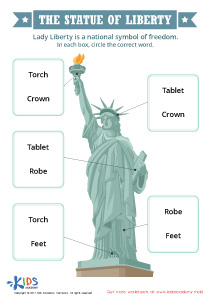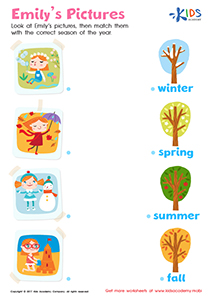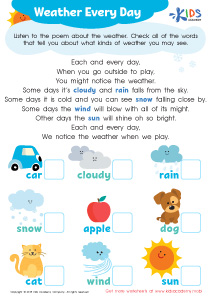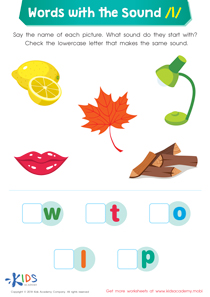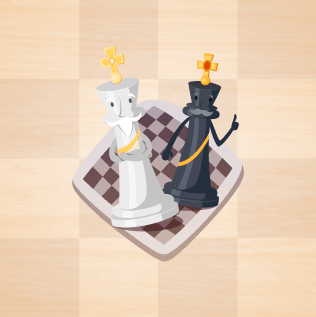Chess Lessons | Chess Basics, Kindergarten
6 results
Introducing our exceptional Chess Basics Lessons specially designed for kindergarten kids! Our program features interactive worksheets, educational videos, and assessment quizzes to ensure that your child understands fundamental concepts such as the rules of the game, best strategies, and decision making. Our lessons are packed with endless fun and exciting learning opportunities to help your child develop critical thinking, strengthen memory retention, and improve hand-eye coordination. These Chess Basics Lessons are an excellent first step towards shaping your child's analytical skills and cognitive abilities. Enroll today, and watch your child's interest in the game of chess flourish!
In the world of online education, it is essential to provide young learners with engaging learning opportunities to enhance their knowledge and skills. One fantastic program that can help achieve this goal is Chess Basics Lessons. Chess has been a game that many people engage in for fun and competition. However, the importance of chess goes beyond the fun and social aspect. Chess has numerous educational benefits that help kids develop cognitive skills, problem-solving, and critical thinking. This program is specifically designed to introduce kids to the world of chess, how to play, and the benefits of playing chess.
Chess Basics Lessons is a program that focuses on introducing kindergarten children to the game of chess. The lessons consist of interactive worksheets that are filled with illustrations, images, and quizzes that make learning fun and engaging for young learners. Additionally, educational videos and assessment quizzes are included to enable kids to learn at their own pace and track their progress.
Studies have shown that chess has the potential to help children with their studies. Since chess involves logical thinking, problem-solving, memory, and concentration, these skills can also translate to other areas of life, such as academic performance. The program is designed to help children develop these skills at an early age, making them better prepared for their future academic and personal challenges.
In particular, chess can be helpful in improving children's math skills. A study conducted by the Chase Chess Club in New York found that students who learned to play chess scored significantly higher on math tests. Chess teaches children to think logically, which helps them understand math concepts such as algorithms and formulas. Additionally, the game helps improve spatial awareness, which is a critical skill in math.
Chess can also help develop critical thinking skills. Playing chess requires considering different possibilities and potential outcomes, which is an essential element of critical thinking. By playing chess, children learn how to analyze different scenarios, identify potential risks, and make a well-informed decision. These skills can help children in various aspects of life, such as decision-making, problem-solving, and analytical reasoning.
Furthermore, chess can also help improve memory skills. Chess involves memorizing different moves, strategies, and positions on the board, which requires exceptional memory skills. By playing chess, children can improve their ability to remember essential details, such as dates, facts, and figures, which can be helpful in their academic studies.
In conclusion, the Chess Basics Lessons program offers an interactive and engaging way to introduce kindergarten children to the world of chess.


